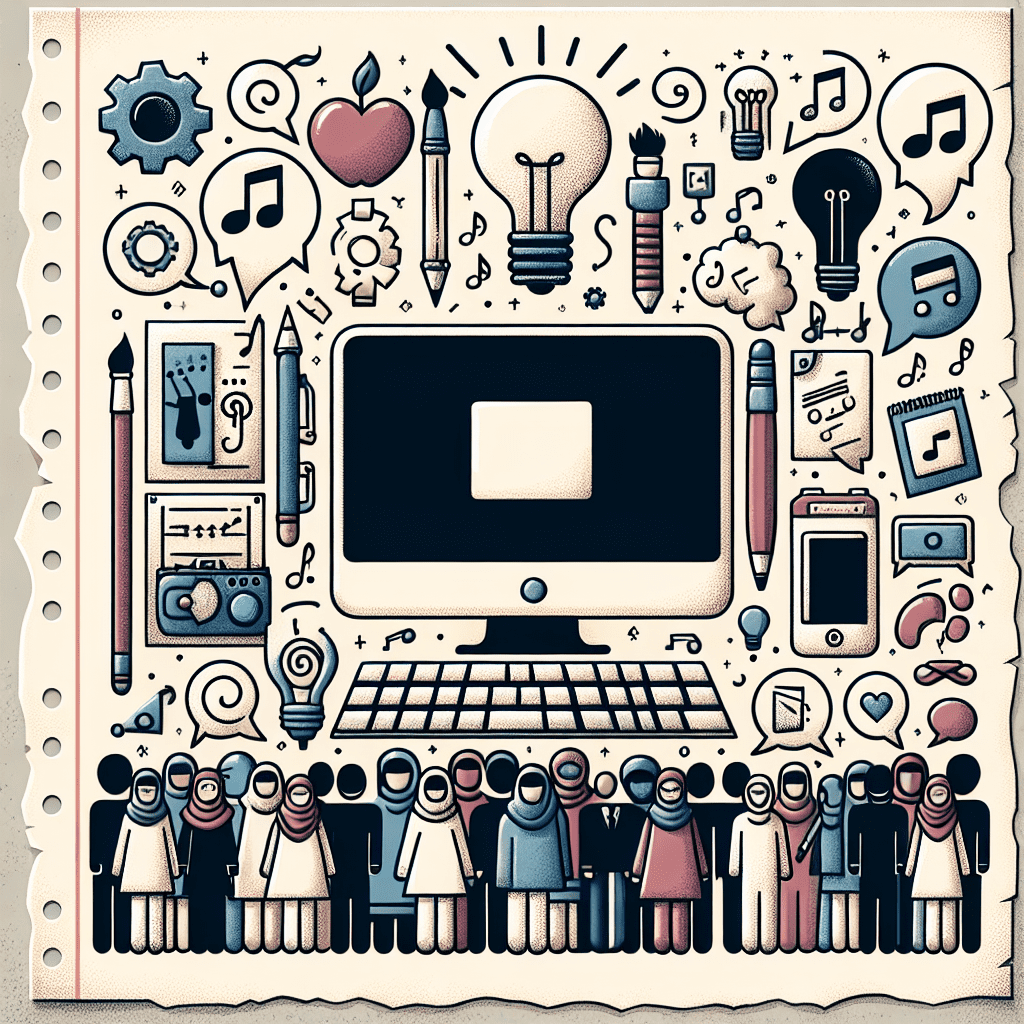As generative tools mature, marketers must rethink what “quality” means, and how to scale it
The novelty phase is over. Generative AI isn’t the shiny new toy anymore; it’s the workhorse in the room. HubSpot’s latest breakdown of ChatGPT-4o (yes, the one with memory) shows just how far we’ve come. Marketers can now spin up entire campaigns in under an hour.
We’re talking visuals tailored to micro-audiences, brand-consistent design tweaks, and even speculative pitch decks that don’t look half-baked.
The kicker? It remembers. ChatGPT-4o can carry context across sessions, which means you’re not re-teaching it your brand voice every time you log in. That makes it less like a tool and more like a junior creative who actually listens. But here’s the catch; garbage in, garbage out. The quality of the output still hinges on the depth of your research, the layers in your prompting, and your understanding of the audience. Lazy inputs get you bland results.
So yes, the timelines are shorter. But the expectations? Higher. Marketers now need to think like engineers—prompt engineers, campaign architects, whatever you want to call it. The job has changed. It’s no longer just writing copy or picking hex codes. It’s knowing how to set the machine up to deliver work that’s fast and sharp.
AI and SEO: The Data Speaks
Now, if your SEO alarm bells are going off, relax. Ahrefs just dropped a study that looked at 600,000 pages and found no evidence that AI content hurts your Google rankings. In fact, 86.5% of top-ranking pages used some AI-generated content. And the slight edge Google gives to “mostly human” pages? Statistically meaningless. The correlation coefficient was 0.011, which is basically noise.
This lines up with what Google’s been saying for a while, though not always clearly; it doesn’t care who, or what, wrote the content. It cares if it’s useful. So if you’re using AI to crank out content that actually answers questions, solves problems, or helps people make decisions, you’re fine. You won’t get dinged for using a robot, as long as the robot knows what it’s talking about.
The Shift in Creative Meritocracy
So what does this all mean? The creative meritocracy is shifting. Not collapsing, not disappearing; just changing shape. AI isn’t replacing marketers. It’s raising the bar. The ones who’ll thrive are the ones who can steer the machine. The ones who know what to ask, how to frame it, and when to override the output entirely.
Speed alone won’t cut it. You still need judgment. You still need taste. And you definitely still need strategy. The marketers who get this right don’t just scale. They stand out.
Bonus Insights: AI Visibility and Behavioral Science
One more thing before you go: if you’re wondering how AI visibility works in search, Ahrefs has a fresh piece on how branded mentions on high-traffic pages influence AI summaries. Spoiler: big brands get the spotlight.
Also, if you’ve seen those elaborate billboards going viral and thought, “Who has time for that?”—turns out, they work because of the
effort. Behavioral science says we’re wired to notice when someone’s gone the extra mile, even if it’s a highway.
- Google AI Overviews Strongly Favor Big Brands
- Why High-Effort Billboards Go Viral
- AI Visibility and High-Traffic Mentions
That’s it for today, folks.
Catch you in the next post.
Until then, keep building.
– Perfect Sites Blog

